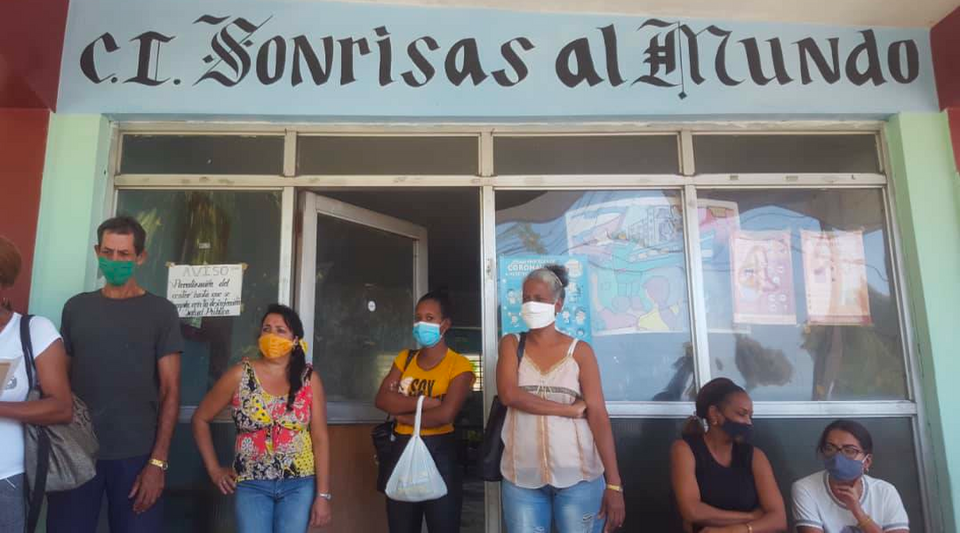Hospitals, schools and even prisons in the province of Santiago de Cuba are facing an invasion of bedbugs.
A source close to the health centers assured 14ymedio that the plague mainly affects the Materno Norte Tamara Bunke and Infantil Sur hospitals, traditionally known as Colonia Española, and the community polyclinics of 28 de Septiembre and Camilo Torres Restrepo.
The epidemic is also found in the facilities of the Rafael María Mendive Basic Secondary School and the Altamira neighborhood. There are also reports of a concentration of the insect in the Mar Verde prison, where overcrowded conditions facilitate the spread of diseases among inmates.
Without clearly confirming the presence of the plague, the Provincial Health Directorate of Santiago de Cuba published on Sunday in social networks that there had been an “exchange” with parents and educators from the Sonrisas al Mundo day care center to address hygienic and sanitary measures in the fight against dengue fever and bedbugs, as well as to “avoid accidents.”
In the informal market, however, fipronil, a broad-spectrum insecticide, sells for more than 20 pesos per milliliter.
While bed bugs spread throughout the province, state pharmacies do not have medicines to combat the plague. In the informal market, however, fipronil, a broad-spectrum insecticide, sells for more than 20 pesos per milliliter. This price makes combating the insect more expensive because to eradicate it, surfaces need to be fumigated repeatedly, with a solution of the product.
At the beginning of February, Cuban newspaper published the case of the closure of the basic secondary school Otto Parellada for fumigation work before an outbreak of bed bugs. In that case, a teacher complained about the precarious conditions in the classrooms, without mops, chlorine, disinfectant or water in the restrooms. There is also no soap or medicine for students.
Bed bugs look for small cracks in homes to hide, especially where they like the most is in bed mattresses. Its spread is fast and resistant to extreme weather conditions, so in a matter of days it can infest an entire home, school or even hospitals that should have strict cleaning control to prevent illness among patients.
In 2021, in the midst of the health emergency caused by covid-19, Santiago de Cuba was on alert for an outbreak of scabies and another of licewhile in 2022 the province registered figures not seen in 15 years in dengue outbreaks due to the lack of resources to combat mosquito breeding sites Aedes aegypti.
Alfredo Cintra Guerra, responsible for surveillance and vector control in Santiago de Cuba, acknowledged last year that little can be done to control the spread of dengue due to the scarcity of resources, mainly Abate insecticide to distribute among homes and fuel to travel to see the patients or fumigate the areas with the highest rates of infection.
________________________
Collaborate with our work:
The team of 14ymedio He is committed to doing serious journalism that reflects the reality of deep Cuba. Thank you for accompanying us on this long road. We invite you to continue supporting us, but this time becoming a member of our newspaper. Together we can continue transforming journalism in Cuba.


















